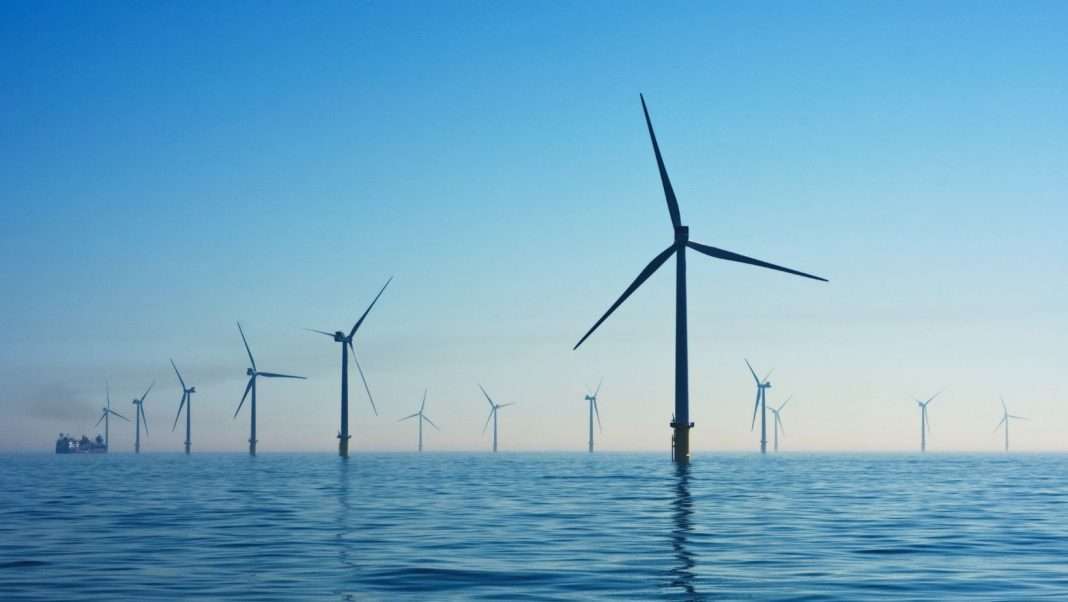Introduction
The UK government has announced a £60m funding boost for the development of green maritime technologies, as part of its efforts to achieve net-zero emissions by 2050. The funding will be available to companies and organisations that are developing innovative solutions to decarbonise the maritime industry, including clean fuels, new propulsion systems, and smart shipping technologies. The investment is expected to help the UK maintain its position as a global leader in the transition to a green economy, while also creating new jobs and supporting the growth of the maritime green technology sector.
Challenges in Decarbonising the Maritime Industry
The maritime industry is a significant contributor to global greenhouse gas emissions, accounting for around 3% of total emissions. While the industry has made some progress in reducing its environmental impact in recent years, much more needs to be done to achieve net-zero emissions. One of the biggest challenges in decarbonising the industry is the lack of viable alternatives to fossil fuels. Shipping is a highly energy-intensive activity, and current alternatives such as hydrogen, batteries, and biofuels are not yet commercially viable for many vessels.
Technological Solutions for Decarbonisation
Despite the challenges, there is growing momentum in the development of new green technologies for the maritime industry. One key area of focus is the development of clean fuels, such as green hydrogen and ammonia, which have the potential to replace traditional fossil fuels. Hydrogen. In particular. Has been identified as a key area of interest. With a growing number of companies developing hydrogen fuel cells for use in marine vessels.
Another area of innovation is the development of new propulsion systems, such as electric and hybrid engines. Electric propulsion systems are already in use in some smaller vessels, and there is growing interest in the development of hybrid systems for larger vessels. Smart shipping technologies are also being developed, which use data and artificial intelligence to optimise vessel performance and reduce energy consumption.
Partnerships and Collaboration
The development of green technologies for the maritime industry is a complex process that requires collaboration between a wide range of stakeholders. To address this challenge. The UK government has established a number of partnerships and initiatives to support the development of green technologies. These include the Clean Maritime Plan. Which sets out the government’s vision for a zero-emission maritime sector by 2050, and the Maritime Research and Innovation UK initiative, which brings together industry, academia, and government to support the development of new green technology.
Funding and Investment
The development of new green technology for the maritime industry requires significant investment. Both in terms of research and development and in the deployment of new technologies. To support this, the UK government has announced a £60m funding boost for the sector. Which will be available to companies and organisations that are developing innovative solutions. That have the potential to make a significant impact on decarbonisation.
Role of the Government
The role of the government in driving the transition to a green technology sector is critical. In addition to funding and partnerships. The government has a key role in setting standards and regulations that promote the use of green technologies. For example. The UK has introduced new regulations that require all vessels over 5000 gross tonnage calling at UK ports to report their emissions. This will help to create a more transparent market for low-emission shipping and encourage the adoption of green technologies.
Conclusion
The UK government’s £60 million investment in green technologies is a significant step in reducing the industry’s carbon footprint and contributing to the country’s net-zero targets. The funding will enable the development of innovative solutions that address some of the most significant challenges faced by the maritime sector. It will also help create new jobs and bolster the UK’s position as a leader in the green economy. The maritime industry has a vital role to play in the fight against climate change. And this investment represents a significant step forward in achieving a sustainable future.
